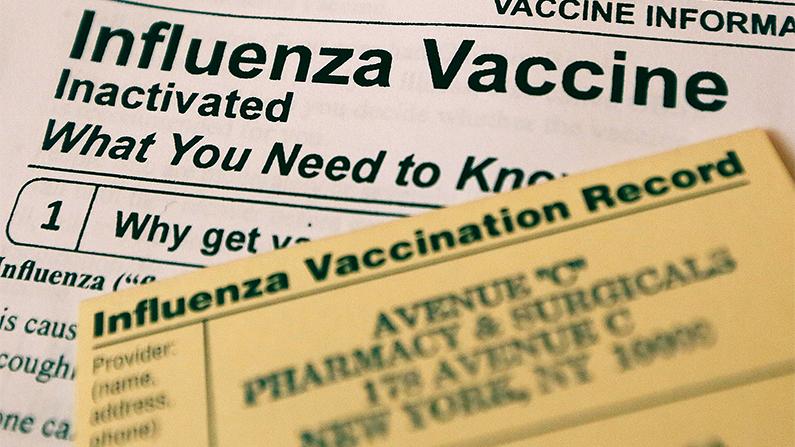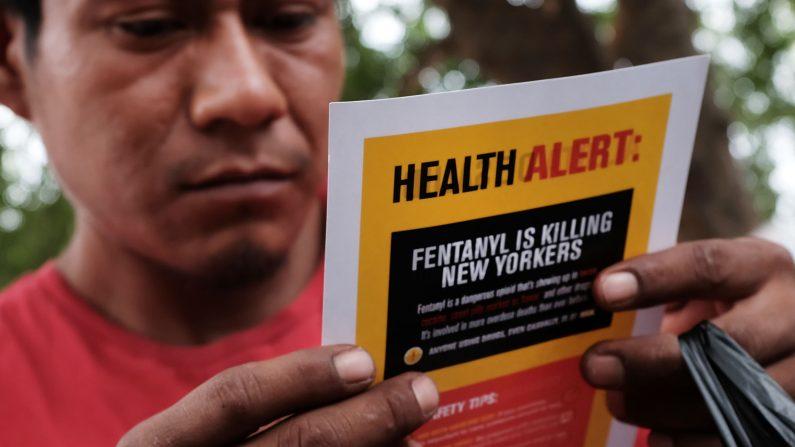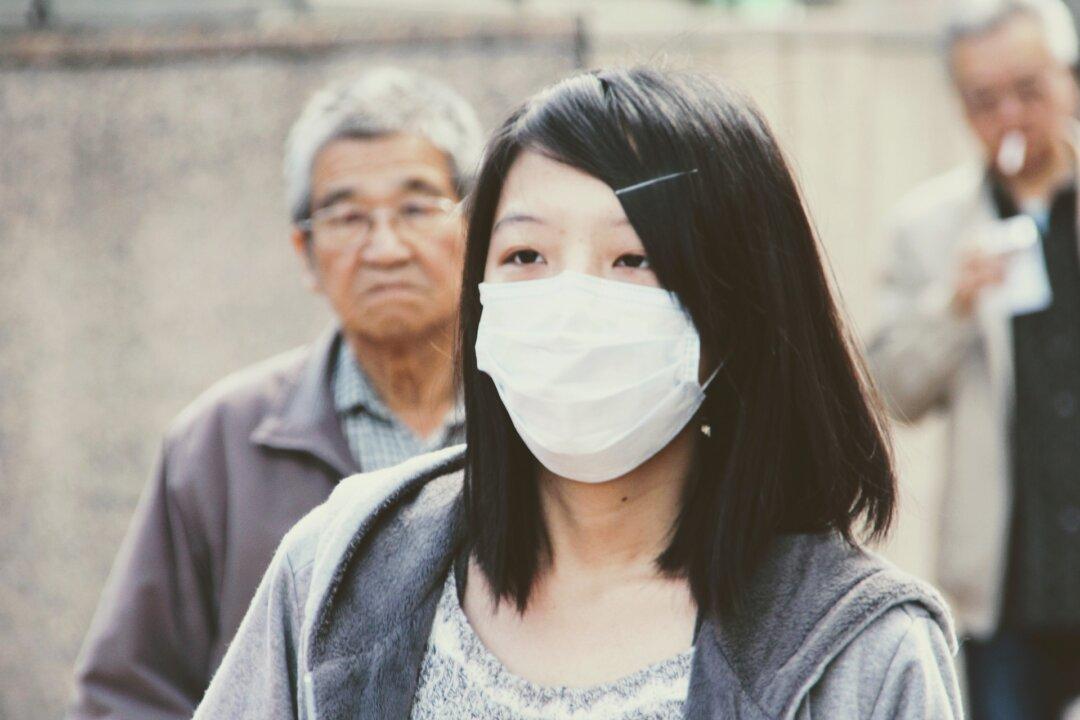New York - Governor Andrew M. Cuomo today announced the influenza epidemic continued to increase across New York State over the past week, with 11,683 laboratory-confirmed influenza cases reported to the New York State Department of Health, and 2,221 New Yorkers hospitalized with confirmed influenza. These numbers are again the highest weekly numbers in both categories since reporting began in 2004 and exceed last week’s record high 7,779 confirmed cases and 1,759 hospitalizations.

Governor Andrew M. Cuomo. Drew Angerer/Getty Images





